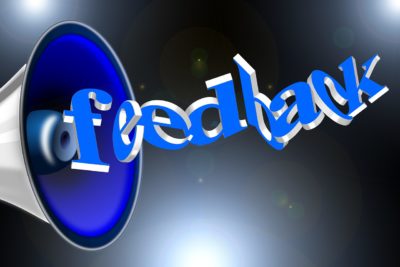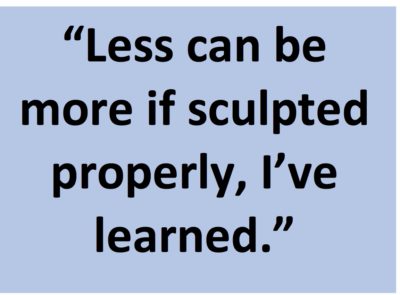
Still deep in the editing stage of my memoir, I wonder how much advice to take and what to shrug off.
Fortune smiled my way when I decided to become a WAG member in January of 2013. Then smiled even brighter when I immediately connected with a critique pod.
One memoir group had recently disbanded and another was being formed from some of its members, rather like the cosmos making a planet. All the wispy parts came together into a solid, highly functional unit. I was able to join this excellent little universe right away.
I didn’t know if I could write decently, but I wanted to tell the story of sixteen months of my life, during part of which my husband was deathly ill. From day one I received guidance with nary a snarky comment about my newbie style. As I now reread my initial chapters to make them less verbose, I am struck by how incredibly patient my fellow pod members proved to be. Blah blah blah I wrote. And blah the most blah blah, I added.
Over the years my pod has been more help than I would have imagined. I learn every time we meet. My pod-mates have helped me turn my story into something readable and, hopefully, enjoyable and interesting.
One problem for me was voice. I didn’t know exactly where to find mine. I began sounding a little haughty, I believe. Then I tried folksy. Next came “all about me,” which wasn’t wrong, but not well-written.
Another problem with my writing was I repeated myself. If I wanted to make a point that I hadn’t slept enough, I wrote, “I was always tired” in one paragraph, “I couldn’t get enough sleep,” in the next. Then a little bit farther down the page you could read about my exhaustion. I didn’t give the reader enough credit that once was enough.
When I finished the last chapter, my approximate word count was 175,000. About half of those were “to be” verbs. With a lot of guidance, I’ve learned to use a more active voice and cut back on the words, yet maintain the important details. I used tools and tricks I’d learned from the pod, as well as from our own WAG blog and some of the monthly presenters. Less can be more if sculpted properly, I’ve learned.
I settled on what I call a “conversational,” style, as if I’m telling the tale to friends. I want the reader to feel as if she or he is sitting with me as I agonize about my husband’s future or complain, only once, that I didn’t get enough sleep.

As I said, I am fully into editing mode. I am nearing the mid-point of editing on my own and then re-submitting some of these chapters for the opinion of my pod peeps. Even the spruced-up yet pared-down versions get some (lots of) suggestions.
So, will my voice be loud and clear? I think so. With reference to what Kaye Linden wrote in her recent blog post, What is Voice?, I’ve delivered my truth through my choice of language. I’ve learned how to tell my story my way.

Susie H. Baxter
Thanks for an interesting post. I’m still working on the “less is more.”
Mary Bast
Thanks for your humor and openness, Ann-Marie; may we all follow your lead, drop our defenses and appreciate the blessings of mutual learning with our pod pals.
Bonnie Ogle
Less verbose. “to be” verbs. Two biggies I’d have never learned to cut were it not for my pod mates. Yes, WAG has been a blessing to me, to you, and to the reading public! Enjoyed your piece, Ann-Marie!